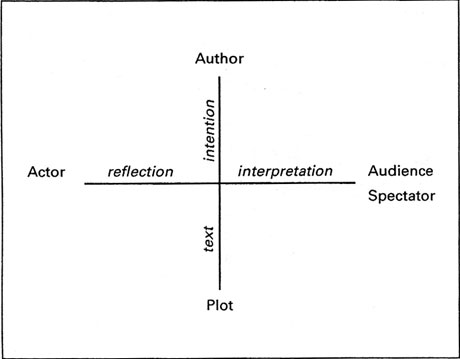David Holt — in Celebration by Patricia Watts
View all tributes in PDF format
David died on Easter Sunday this year. I feel the loss of a true and genuine friend. I am aware of the great loss it must be for Edith. As husband and wife they seemed to support each other in their separate interests and together offered a warm hospitality. Our Society has lost a committed and involved member of many years. David’s openness and willingness to communicate were always apparent: how often after a talk, he asked the first question! His interest in therapy was wide and deep, always more concerned with extending and integrating rather than narrowing and reducing: his abiding question, what do we make of life in contrast to the raw material made available to us. Central to his thinking and feeling was the emphasis on the complexity of understanding time.
‘Time is given into our keeping. We meet together to keep time. Life is for timing, just as time is for living.’ In Shakespeare’s The Winter’s Tale time is personified. David was drawn imaginatively to the notion of ‘Time’ holding an hourglass from which time flows like a river with beginning and end, separated by the flow. Or seeing it as a flowing in a circle in which beginning and end join in the flowing. The image of the hourglass contains both possibilities.

David’s own container, the ‘dramatic model’ offers possibilities which are both pragmatic and spacious.
In the position of Author, my life is what I make it. In the position of Actor, my life is a doing rather than a making. I am concerned with the ‘how’ rather than the ‘what’. In the position of Audience my life is a reflecting, an observing, a judging. There is a concern with ‘why’. And in the position of plot my life is determined. I can’t pick and choose. I can only get stuck into it — this can, of course, be a beginning.
Rather than getting fixed in one of these positions the aim is to move between the four possibilities suggested by the model.
David was greatly interested in theatre and drama. For many years he led a weekend at Hawkwood College in Gloucestershire in which we worked on powerful narratives: Myths including Amor and Psyche and The Odyssey; the series of Jacob stories from the Old Testament and texts of Shakespeare’s plays. We worked in silence, some sounds but no words. The culmination was a shared enactment. He saw enactment as a way of opening up an exchange between psychoanalytical, behavioural and ontological approaches to therapy.
At that time I taught on the Sesame Course for the use of Movement and Drama in therapy
Students on that course helped by leading small groups (about 60 people participated in these weekends). We always met with the group leaders several times before the ‘weekend’. David enjoyed the students’ ability to play, their freshness of ideas and imaginative approach which was mirrored in his talks over the weekend. He brought together the texts of these talks, also giving a flavour of some of the experiences of the weekends in a book called ‘Theatre and Behaviour’ (Hawkwood Papers 79-86).
Maybe David’s emphasis on time was due to his own perception of its ephemeral nature and the great sadness in this, which is so easy to deny. In not denying but endeavouring to come to terms with this he could make a space for himself which made it possible truly to give attention to another in which a real meeting could take place and healing be engendered. I am aware of my good fortune in having met him as a friend and colleague and experienced his generous spirit, imaginative invention and receptiveness.
I would like to leave the last word with David – from a reading he prepared for his own funeral.
There is never enough time. There is all the time we need. Sometimes (God only knows how) both are true, if only we can catch the beat. Which is why we are here. Now, Hereafter, like it was and like it will be, it is still ‘once upon a time’.